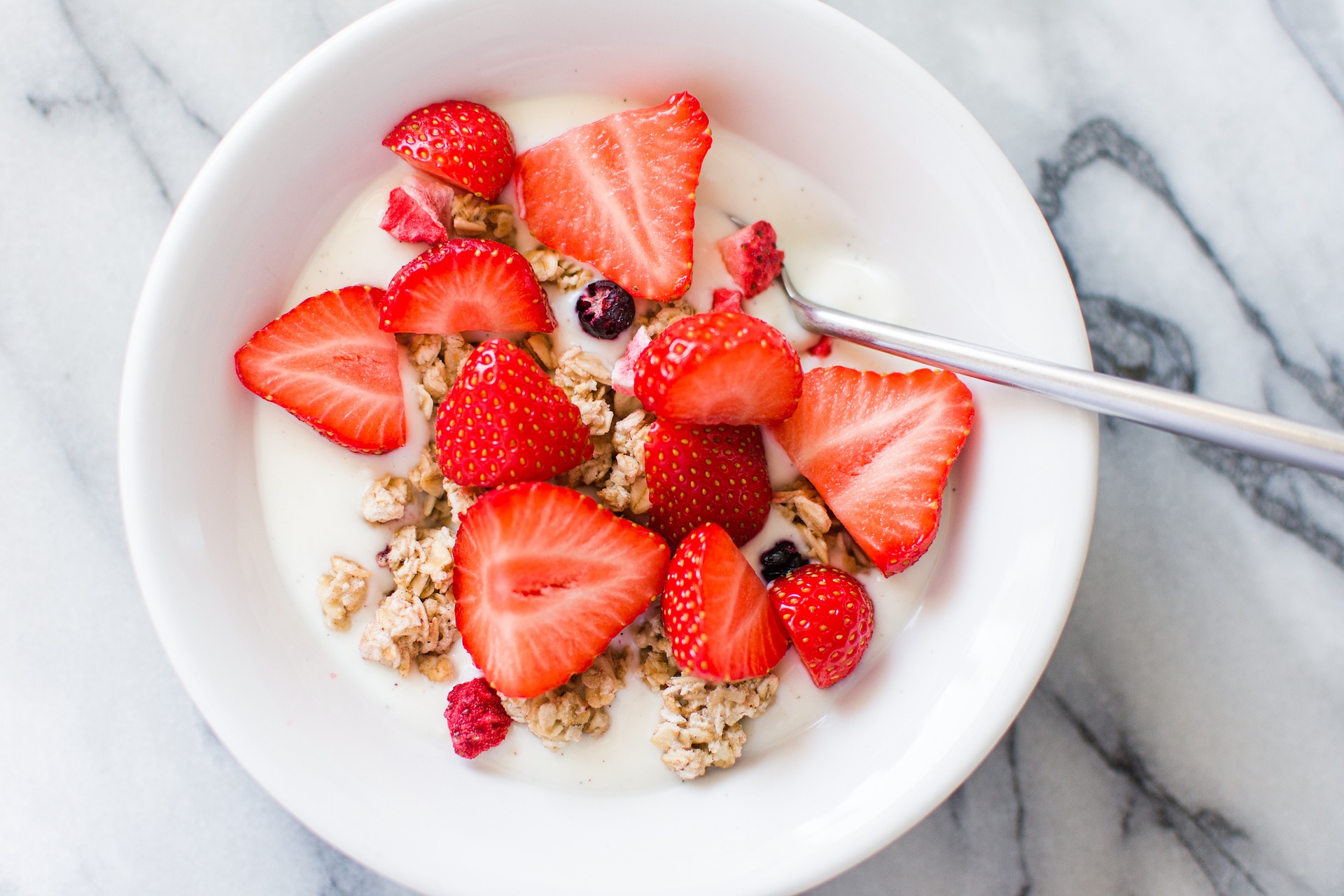Nutrition Plans for Optimal Health: Tailoring Your Diet for Longevity
Dive into the world of nutrition with a focus on designing a personalized diet plan that enhances overall health and well-being. Discover how to optimize your nutrition for longevity and vitality. Read below for expert insights and practical tips on crafting your ideal nutrition plan.
Understanding the Basics of Optimal Nutrition
Nutrition is the foundation of health, influencing everything from energy levels to disease prevention. A balanced diet should include a variety of nutrient-dense foods that provide essential vitamins, minerals, and macronutrients. Focus on incorporating whole foods such as fruits, vegetables, lean proteins, whole grains, and healthy fats into your daily meals to support optimal health.
- Balanced Macronutrient Intake: Aim for a balanced ratio of carbohydrates, proteins, and fats to meet your body’s energy needs and promote satiety.
- Micronutrient-Rich Foods: Include foods rich in vitamins and minerals like leafy greens, nuts, seeds, and legumes to support immune function and overall well-being.
- Hydration: Stay hydrated throughout the day by drinking plenty of water and herbal teas to support digestion and nutrient absorption.
Tailoring Your Diet to Your Goals
Whether your goal is weight management, improving athletic performance, or enhancing overall health, customizing your diet is key. Consider factors such as age, gender, activity level, and any specific health concerns when designing your nutrition plan. Consult with a registered dietitian for personalized advice tailored to your individual needs.
- Weight Management: Focus on portion control, mindful eating, and choosing nutrient-dense foods to achieve and maintain a healthy weight.
- Athletic Performance: Optimize pre- and post-workout nutrition with a balance of carbohydrates for energy, protein for muscle repair, and hydration for optimal performance.
- Healthy Aging: Prioritize foods rich in antioxidants and anti-inflammatory properties to support cellular health and reduce the risk of chronic diseases associated with aging.
Incorporating Superfoods into Your Diet
Superfoods are nutrient powerhouses that pack a punch in terms of health benefits. Incorporating these foods into your daily meals can boost your immune system, improve digestion, and provide essential nutrients for overall well-being.
- Examples of Superfoods: Include berries (e.g., blueberries, strawberries), kale, spinach, quinoa, chia seeds, and fatty fish (e.g., salmon, mackerel) in your diet.
- Antioxidant-Rich Choices: Choose colorful fruits and vegetables such as tomatoes, bell peppers, and carrots to combat oxidative stress and support skin health.
Practical Tips for Long-Term Success
Achieving optimal health through nutrition requires consistency and commitment. Implement these practical tips to maintain a balanced diet and support your wellness journey:
- Meal Planning: Plan your meals ahead of time to ensure balanced nutrition and avoid unhealthy food choices.
- Mindful Eating: Practice mindful eating by savoring each bite, chewing slowly, and paying attention to hunger and fullness cues.
- Healthy Cooking Methods: Use cooking methods such as steaming, baking, grilling, or sautéing with healthy oils (e.g., olive oil, avocado oil) to preserve nutrients.
- Smart Snacking: Choose nutritious snacks like Greek yogurt with berries, nuts and seeds, or whole-grain crackers with hummus to satisfy hunger between meals.
- Moderation: Enjoy your favorite treats in moderation while focusing on overall dietary balance and variety.
Useful Tips and Facts
- Fact: Consuming a diet rich in fruits and vegetables can lower the risk of chronic diseases such as heart disease and diabetes.
- Tip: Incorporate probiotic-rich foods like yogurt, kefir, and fermented vegetables to support gut health and digestion.
- Tip: Experiment with new recipes and flavors to keep your meals interesting and enjoyable.
- Fact: Adequate protein intake is crucial for muscle repair, immune function, and hormone production.
- Tip: Stay informed about nutrition trends and research to make informed decisions about your diet.
Conclusion
Designing a nutrition plan tailored to your unique needs is essential for achieving optimal health and longevity. By focusing on nutrient-dense foods, customizing your diet to meet specific goals, and incorporating superfoods and healthy eating habits, you can support overall well-being and enhance your quality of life. Start your journey towards optimal health today by embracing a balanced and mindful approach to nutrition.





